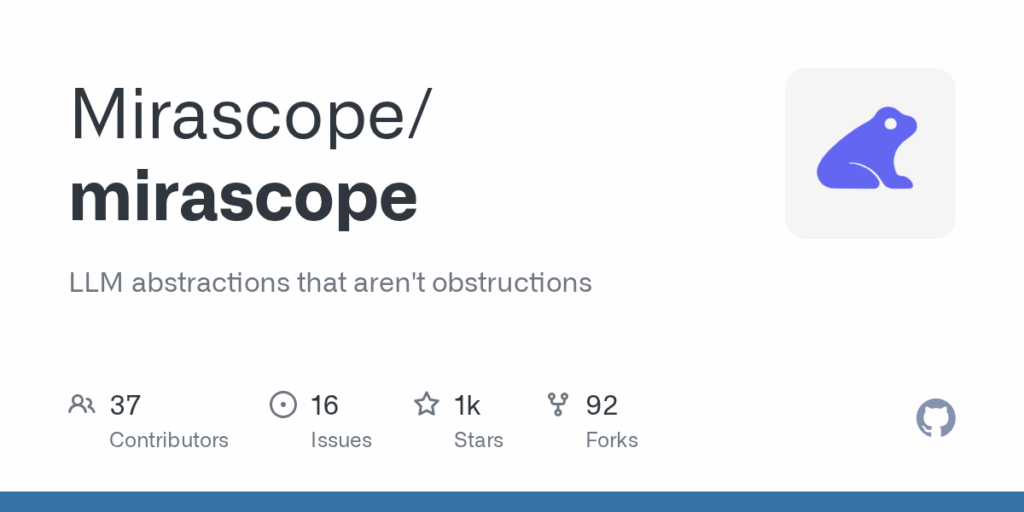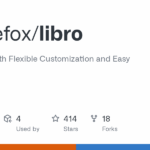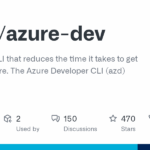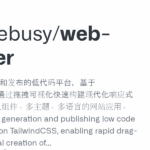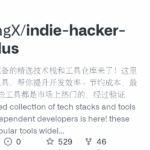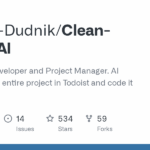mirascope
Basic Information
Mirascope is a developer-focused Python library that provides a unified, provider-agnostic interface for working with large language models. It is designed to simplify making calls to multiple LLM providers and to streamline common tasks such as text generation, information extraction, and building AI-driven workflows or agents. The README highlights interoperability with a range of providers and shows a minimal quickstart where a decorated function invokes an LLM and returns a typed Pydantic model. The project includes installation instructions, a short example demonstrating extraction of structured data from unstructured text, and links to tutorials and documentation. The repo is packaged for PyPI, uses semantic versioning, and is distributed under the MIT license, making it suitable for developers who need a consistent API to integrate different LLM backends into applications.

